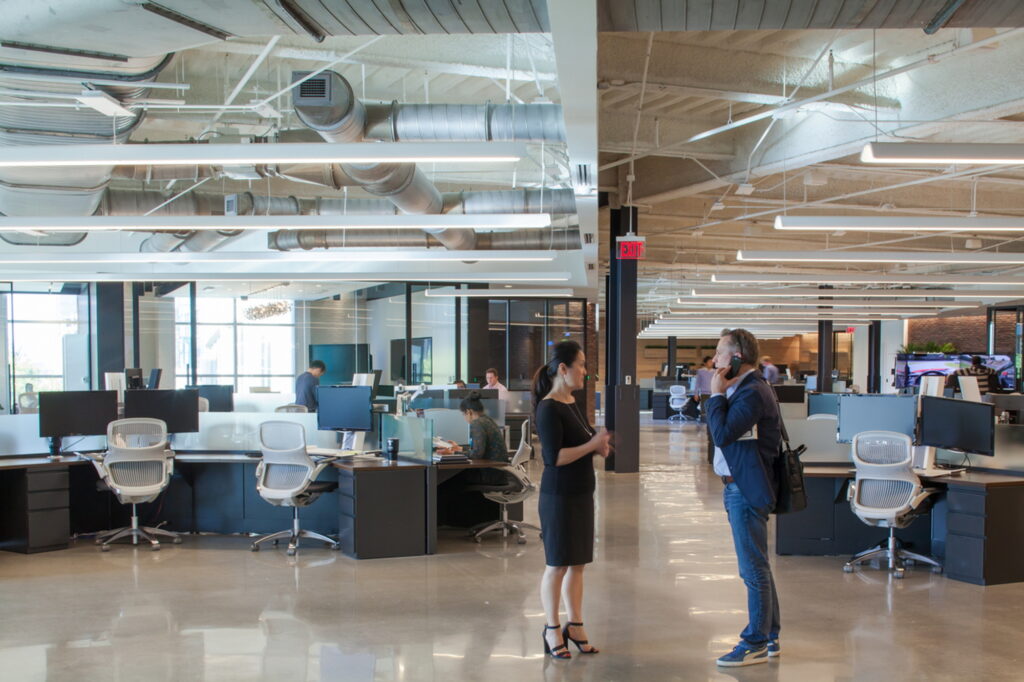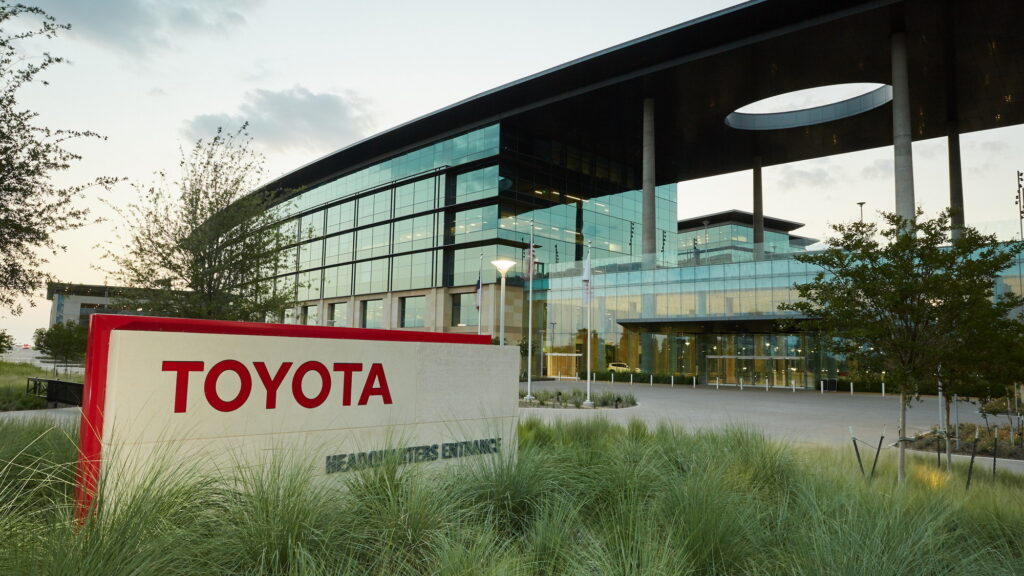Toyota and Honda, Japan’s two largest automakers, are looking at Tesla’s business model in a bid to find ways of increasing their profit margins and remaining competitive in an ever-changing industry. The automakers have singled out software development as one of the most important factors and they are now looking to attract a lot more talent in this area.
Honda plans to double the number of programmers it employs over the next seven years, meaning that by 2030, it expects to have around 10,000 software developers working for it, according to Nikkei.
The automaker also wants to strengthen its partnership with India’s KPIT Technologies and will create its own software engineering team. Honda is also working with Sony on a new software-defined electric vehicle.
Read: Sony Honda Mobility’s Afeela Sedan To Be Built In US, Ride On Honda’s New EV Platform

Meanwhile, Toyota is launching retraining programs and hopes to have 18,000 software engineers working for them by 2025. The workers currently account for half of all of its mid-career hires, thanks to its autonomous driving unit.
The decisions reflect the labor-intensive nature of software development. Automakers’ best strategy for remaining competitive when it comes to new technology is by increasing their ranks.
Despite that expense, many view Tesla‘s software-defined model as an important factor for its success. The automaker doesn’t update its physical vehicles as frequently as its rivals but is constantly adding new features via over-the-air updates for its drivers that help them remain fresh.
Software has proven to be a big challenge for legacy automakers, though. Both Volvo and Volkswagen have had to delay the launches of new vehicles because of software bugs. That has been a major concern for VW‘s shareholders, who are concerned about the automaker’s ability to deliver its own software. For now, it has resolved to launch the new vehicles on an older software program to ensure that it can continue producing new vehicles.





